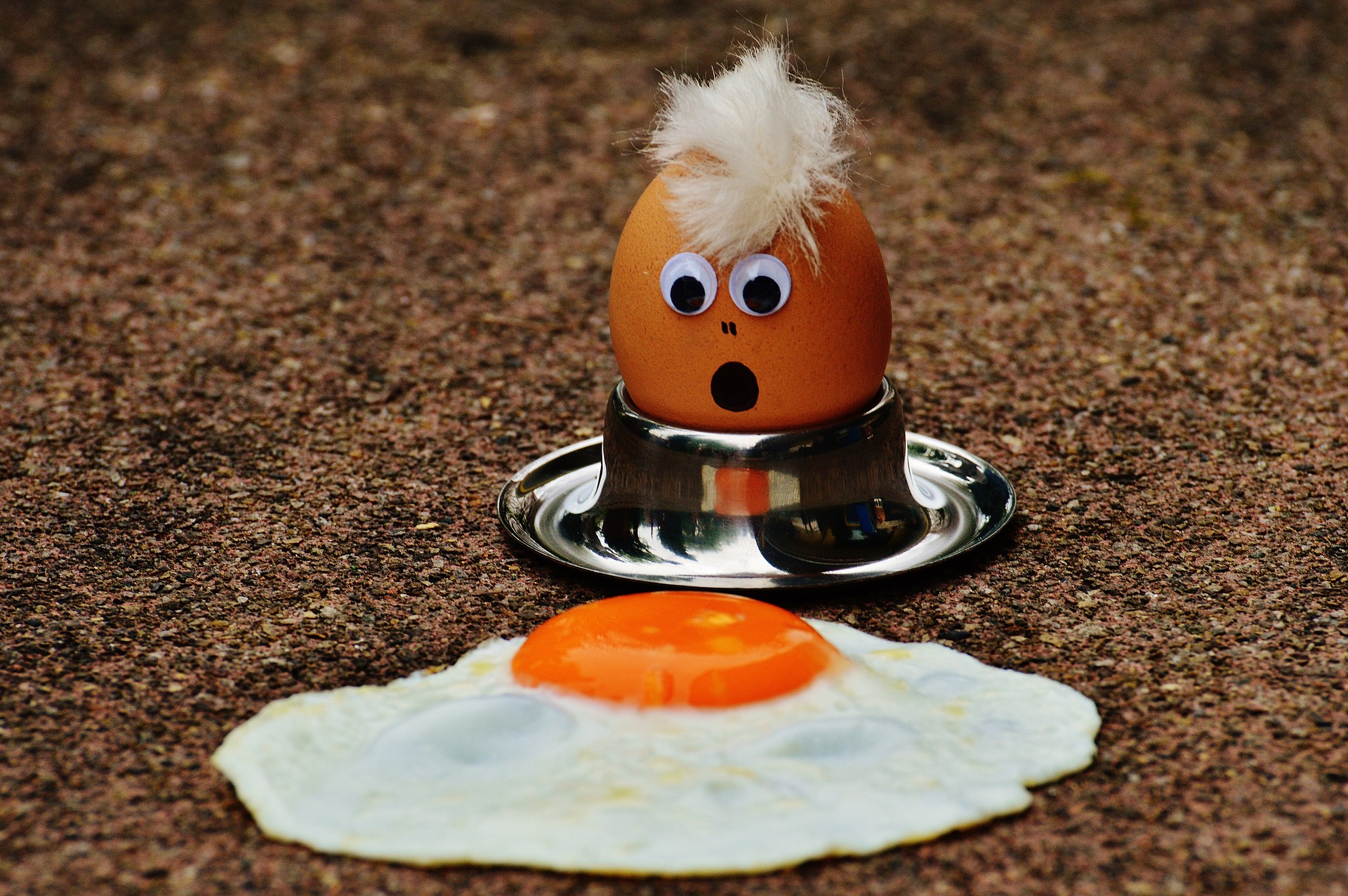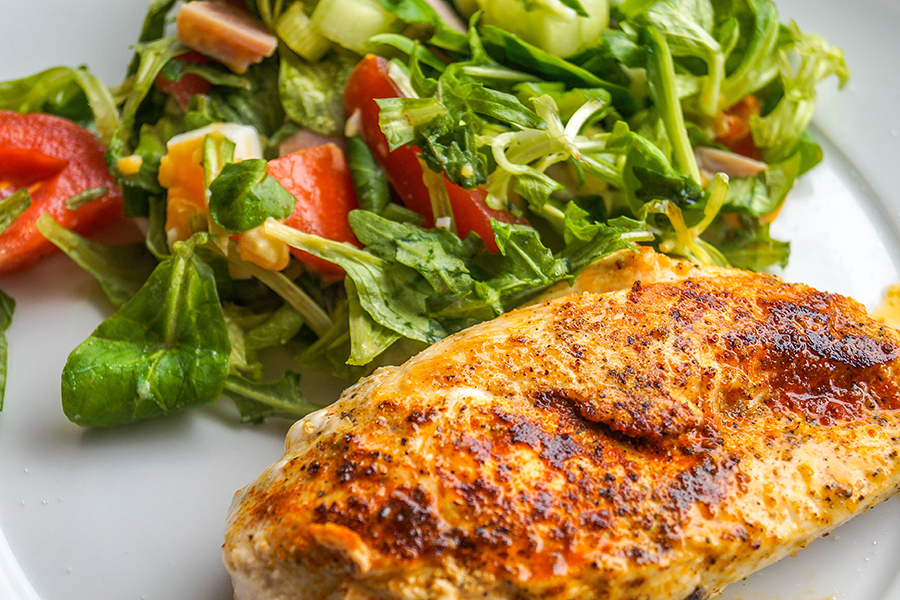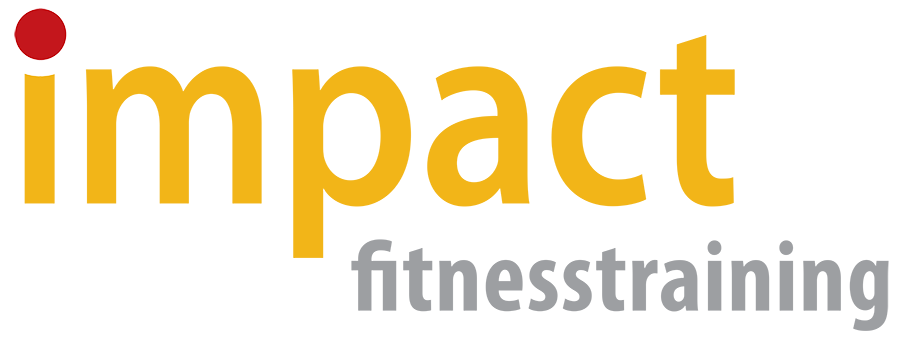-

impact blog
interesting articles and news on fitness & health

Protein is one of the 3 Macronutrients (proteins, fats & carbohydrates) that all foods are broken down into. Macronutrients are the nutrients the body needs most of hence the name ?macro? as opposed to the name ?micro? given to the micronutrients which are still important but are needed in much less quantities, these nutrients include vitamins and minerals etc.
Protein?s main job in the body is to build and repair tissue, along with many other jobs including making enzymes, hormones and many other body chemicals even things such as your hair and nails are made of mostly protein.
So why is a high protein diet important?
Well as we have learnt, Protein is the building block of muscle, bones, cartilage, skin and blood and is therefore a very import nutrient that we need in which to lead a healthy life and for our bodies to function optimally.
Protein is also the only macronutrient that is not stored in the body, which means we must keep feeding our body with enough protein for it to be able to repair itself, as our body constantly needs to do to make important chemicals in the body and most importantly for us in the fitness world; TO BUILD MUSCLE like we all wish to do. If you aren?t getting enough protein through nutrition, you simply cannot build muscle optimally, that means not as much muscle mass and not as fast growth as would be possible with enough protein. Oh, and yet another added benefit - because protein is not stored in the body for later use as is done when eating an excessive amount of carbohydrates and fats you would have to eat extreme amounts for your body to turn it into fat to be stored for later use as energy.
So, your automatic response to reading this so a far is probably to source as much protein you can get your hands on and to start munching away, and your right you should be getting more protein in your diet but hold on just a minute not so fast... there should be a limit on how much you can eat. If you just increase your protein without controlling or reducing your other macronutrient intake then you will end up consuming altogether more calories, so depending on your goal, you need to increase your protein but while still having control over overall calories through your carbohydrate and fat intake also.
Wait, so how much protein do I need?
Its important for this next part to know the caloric breakdown of the macronutrients. Proteins=4kcal per gram, Carbohydrates=4kcal per gram, Fats=9kcal per gram.
In general, the recommendation by most government health bodies is 2000kcal-2500kcal per day. They say 10-35% of your diet is to be made up of protein, as we learned above protein has 4kcal per gram meaning the recommendation is between 200-700kcal of protein per day from the 2500kcal recommended. The exact same health bodies also recommend an amount of 0.8grams per kilogram of body weight daily. This means at a body weight of 75kg your recommended amount is 60g of protein/day. Working out the math that 60g/day recommendation equals to just a measly 240kcal per day.
Now bearing in mind calories are just energy, can somebody please tell me how your body is supposed to get enough energy for all the jobs in the body which protein is needed for from just 240kcal let alone build any sorts of muscle. To put this into perspective your body would burn between 1000-1400 calories per day even if all you did was lay in bed all day and didn?t move. This is just the energy your body needs to do basic tasks like rebuild cells, breath and pump your heart.
So, how much do I and many experts in the fitness and nutrition world recommend? Well I recommend 1.5g per KG of bodyweight. Using the same 75kg example of from before would give this individual now 112g of Protein every day almost double that of the governments standard recommendation. A lot of Athletes and people in the fitness world that want to build muscle go as high as over 2g protein/kg bodyweight due to the importance of protein in building muscle and strength.
Sources of protein;
There are many sources from which you can get your much-needed protein from, while it is true that most protein sources are animal products there are also a lot of alternatives so don?t worry it may be harder but if you are vegetarian or vegan you can still get your protein intake up! Here is a list from of some of the richest protein sources out there;
Meat ? White poultry meat such as Chicken and Turkey & Red meat such as Steak and Beef
Seafood ? Fish such as Salmon or Tuna & other Seafood such as Prawns and Crab.
Dairy/Animal Products ? Milk, Cheese, Yoghurt & Eggs
Seeds ? Chai, Sunflower, Sesame & Poppy Seeds
Beans ? Black, White, Pinto & Kidney Beans
Soy ? Tofu, Tempeh & other Soy Products.
Supplementation ? Protein Powders, Shakes, Bars & the like.

Protein is a hugely important nutrient that we all need nearly all need more of. You should try to increase your Protein intake in a controlled manner and reap the health benefits that come along with that as well as increasing your recovery and building that lean muscle that can transform your body composition.

